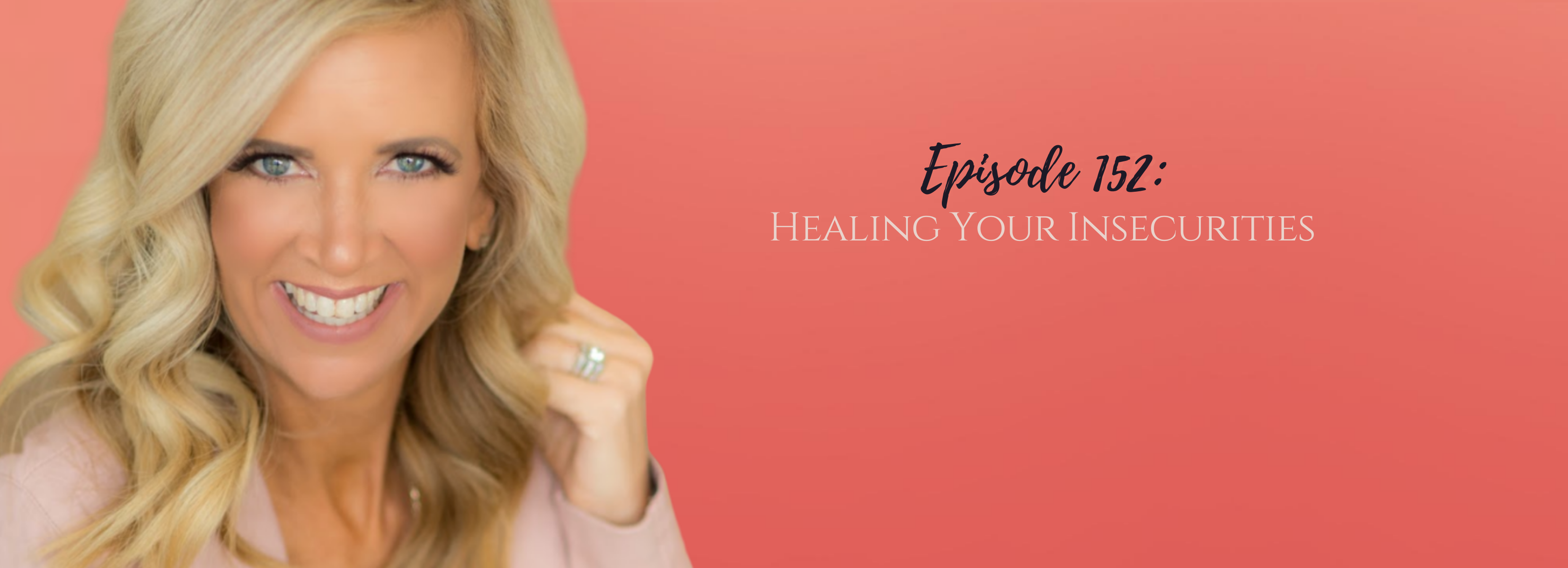
Healing your insecurities| 3.16.2022
In this episode, Kristen talks about insecurity, where it really comes from, and helpful strategies to help you move through it.
You'll Learn
- The root cause of insecurity
- Impact of insecurities in relationships
- Common critical inner voices and how to conquer them
- Helpful strategies to overcome your insecurities
Resources
For counseling services near Indianapolis, IN, visit www.pathwaystohealingcounseling.com.
Subscribe and Get a free 5-day journal at www.kristendboice.com/freeresources to begin closing the chapter on what doesn’t serve you and open the door to the real you.
Subscribe to the Close the Chapter YouTube Channel
This information is being provided to you for educational and informational purposes only. It is being provided to you to educate you about ideas on stress management and as a self-help tool for your own use. It is not psychotherapy/counseling in any form.
[fusebox_transcript]